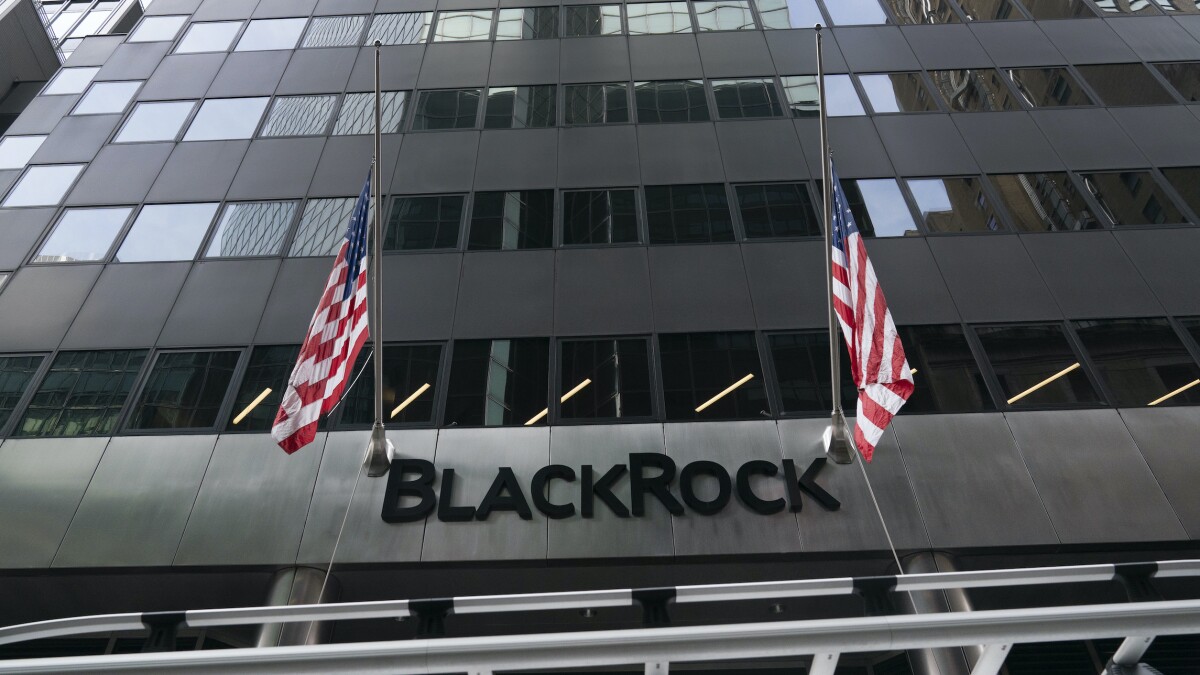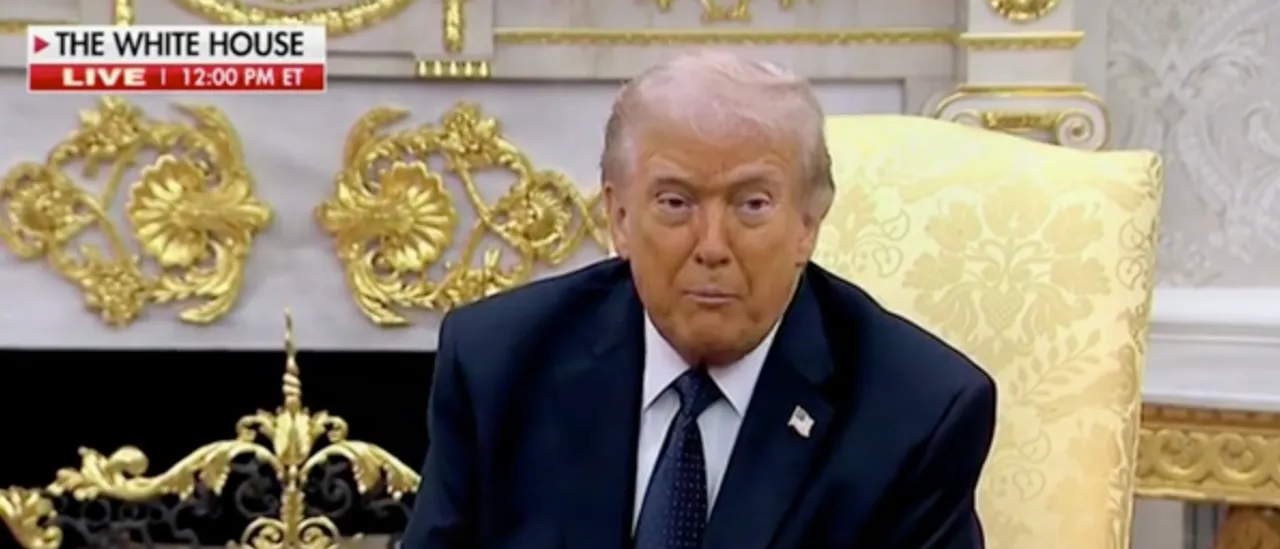By Zachary Halaschak, Economics Reporter. Media: Washingtonexaminer.com
BlackRock is backing away from supporting shareholder proposals that embrace environmental and social themes, an indication that the GOP pressure campaign against ESG, or environmental, social, and governance regulations, might be making headway.
BlackRock, which is the world’s largest money manager, has been a major promoter of ESG investing. But Republicans have been pushing back against the firm. Now, an annual report revealed that BlackRock supported just 7% of nearly 400 shareholder proposals on environmental and social matters.
That marks a notable decline from previous years. BlackRock supported nearly a quarter of such proposals in the previous cycle and 47% of environmental and social proposals the cycle before that.
In BlackRock’s report, it appeared to highlight the importance the firm places on maximizing shareholder value. BlackRock has been criticized in the past for its embrace of ESG, something that critics contend has made the money manager move away from its fiduciary duty.
“Because so many proposals were over-reaching, lacking economic merit, or simply redundant, they were unlikely to help promote long-term shareholder value and received less support from shareholders, including BlackRock, than in years past,” the report said.
“Simply measuring stewardship by the number of votes for or against proposals, however, is an oversimplification of the issues that investors must contemplate,” the company added. “The binary nature of a proxy vote cannot reflect the complexity and multitude of considerations that go into a vote decision, drawing on company disclosures and our engagements with company leadership.”
BlackRock has been a punching bag of sorts for conservative media figures who see it as a figurehead for the ESG movement, particularly given its massive size.
Recently, a group of Republican financial officers from 15 states sent a letter to the firm grilling BlackRock’s mutual fund directors over BlackRock's efforts to mitigate climate change and integrate ESG standards into the firm, demanding that the recipients provide answers about any “potential conflicts of interest” they may have.
Additionally, BlackRock’s ties to China have recently come under bipartisan federal scrutiny. The House Select Committee on the Chinese Communist Party announced last week it would launch an investigation into BlackRock alongside index provider MSCI.
Amid the backlash over ESG investing, BlackRock executives wrote an op-ed in the Wall Street Journal that emphasized a pilot program that offers individual investors the opportunity to decide how their share of BlackRock’s largest exchange-traded fund would vote on the companies they own.
“This plan — subject to approval by the board that governs our ETFs — would let millions of these individual investors select from different policies to decide how their share of the ETF will vote on the companies they own,” the executives wrote.
Also of note, BlackRock CEO Larry Fink’s annual letter this year didn’t include one mention of ESG and deemphasized talk about the climate, saying that companies aren’t “the environmental police,” a tone shift from recent years as GOP pushback grows.
“When I write these [investment] letters, it was never meant to be a political statement. … They were written to identify long-term issues to our long-term investors,” Fink said in the letter.



